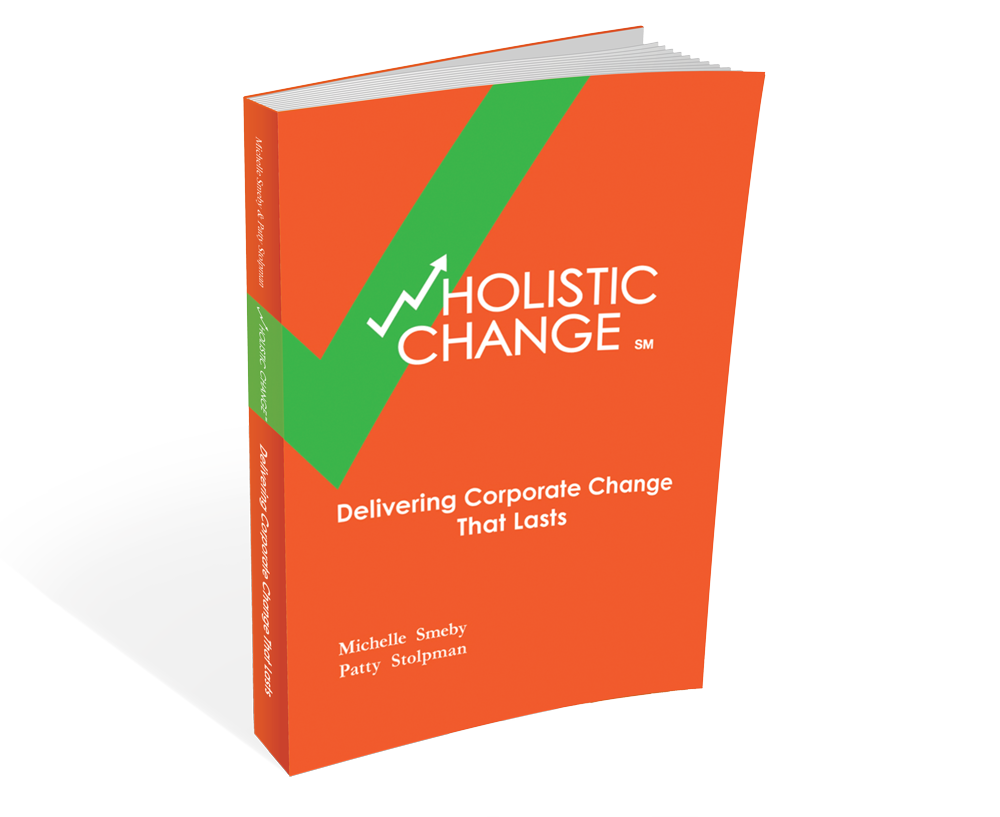HR Magazine UK conducted a 30 year long analysis of what employees really want, and identified that in 90% of cases, what employees truly desire from their managers and organizations is R.E.S.P.E.C.T.:
Recognition - Employees... want their views to count. Essentially, each individual wants to be recognised and appreciated as a valued team member - particularly by the person who should be most familiar with their work: their line manager. Our research shows that employees who are satisfied with their level of recognition are four times more likely to rate their boss as an outstanding leader.Exciting work - Employees want a job that’s challenging, interesting and fun. They want a sense of accomplishment and they want to feel the time they’ve spent at work has been worthwhile. According to our research, employees are significantly more likely to feel excited about their work if they are learning something new, or if they’re involved in a pioneering project or if they are empowered to operate with autonomy.Security of employment - Employees want job security. They want to feel confident about their organisation’s future and they want stability and steady work so they can meet their financial obligations... To engender trust, leaders need to show consideration for the morale, welfare and well-being of their team. Leadership behaviour is extremely important because there is a direct link between the perceptions that employees have of their leaders and the performance of the organisation.Pay - Employees want to be compensated fairly for the work they do and the contribution they make (through base pay, bonuses and benefits). The important word here is ‘fair’. We all want to feel that we are being treated fairly and that our performance is evaluated fairly.Education and career growth - Employees want to be given opportunities to develop their skills and to advance their career.Conditions - Employees want a well-equipped environment that is comfortable, healthy and safe. For most people, the social working conditions are even more important than the physical conditions.Truth - Finally, employees want to be told the truth. They want to work for honest and transparent managers who act with integrity and who say what they mean and mean what they say. We’ve found that these seven elements are surprisingly consistent across different countries, different industries and different job roles.
The R.E.S.P.E.C.T. approach corresponds to the techniques we have discussed with regards to wHolistic ChangeSM: recognize the change agents; excite and motivate employees by giving them challenges; consider the welfare of your employees when driving change; provide opportunities for career and skill growth; give employees tools to share knowledge and feedback; and be honest - especially when things don't go as planned.The results of HR Magazine UK's research demonstrate that treating your employees with respect directly translates into better business:
Our study found that organisations that deliver R.E.S.P.E.C.T. - Recognition; Exciting work; Security; Pay; Education; Conditions and Truth - have an employee engagement level that is 117% higher. So, if you want to improve employee engagement in your organisation - or if you’re looking to measure engagement through an employee survey - these are the seven elements on which to concentrate.What’s more, our study shows that the benefits go way beyond engagement. Because engaged employees care more, perform better and stay longer, those organisations that deliver R.E.S.P.E.C.T. also benefit from 64% higher operational performance and significantly greater customer satisfaction. This translates to the bottom line.

